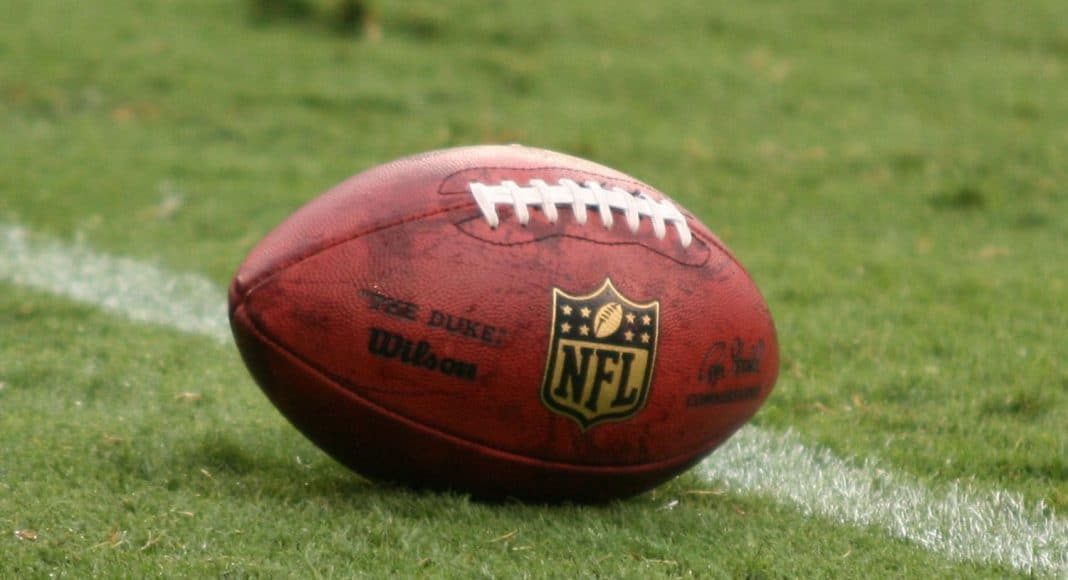The NFL Players’ Association’s stance on recreational marijuana use will continue to be one that urges more progressive rules about cannabis from the league, despite the recent ominous statements on the subject from the White House.
-
Related Story: White House Hints That Marijuana Crackdown Is Coming
“We are talking about how players get treatment under our jointly agreed upon drug policies, not any advocacy for Federal vs. State statutes,” George Atallah, the NFLPA’s assistant executive director for external affairs, told the Denver Post. Atallah added that the union will continue arguing for a more reasonable marijuana policy in the NFL because it’s “a (collective bargaining agreement) issue, not a law-enforcement issue.”
Last week, White House spokesman Sean Spicer said he believes there will be “greater enforcement” from federal agencies against states where voters have legalized recreational marijuana use. “Because again there’s a big difference between the medical use … that’s very different than the recreational use, which is something the Department of Justice will be further looking into,” Spicer added.
-
Related Story: Sean Spicer And Recreational Marijuana: What He Got Wrong
While Atallah and the NFLPA didn’t elaborate on what “less punitive” means, the Denver Post notes that it could be something as relatively minor—though certainly not insignificant—as raising THC limits or something as radical as ceasing marijuana testing altogether (the NHL, for example, does not test for THC).
In 2016, an ESPN poll showed that 71 percent of NFL players want marijuana to be legalized, with 60 percent also saying they believed cannabist would help them cut back on prescription opioid use. And earlier this year, DeMaurice Smith, the NFLPA’s executive director, told the Washington Post he hopes the league will soften its stance about marijuana use.
-
Related Story: NFL’s Marijuana Policy May Change Sooner Rather Than Later
“I do think that issues of addressing it more in a treatment and less punitive measure is appropriate. I think it’s important to look at whether there are addiction issues,” he said. “And I think it’s important to not simply assume recreation is the reason it’s being used.”


